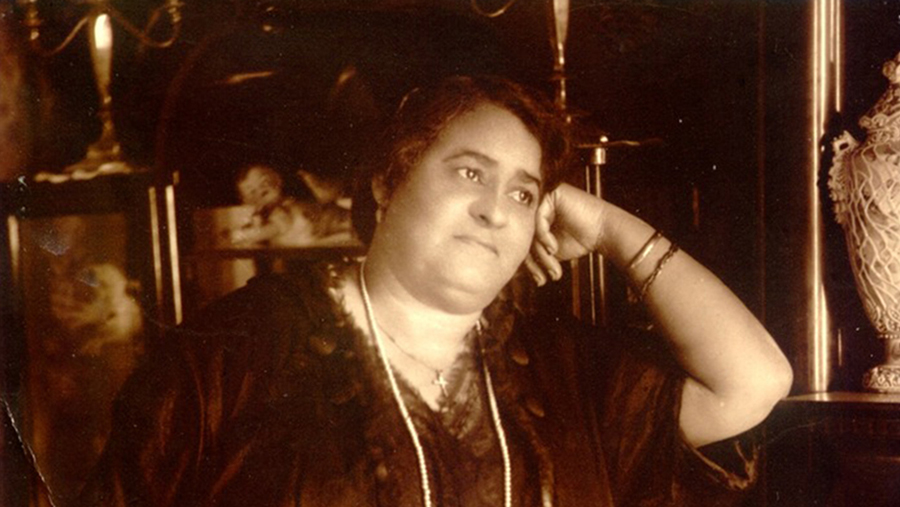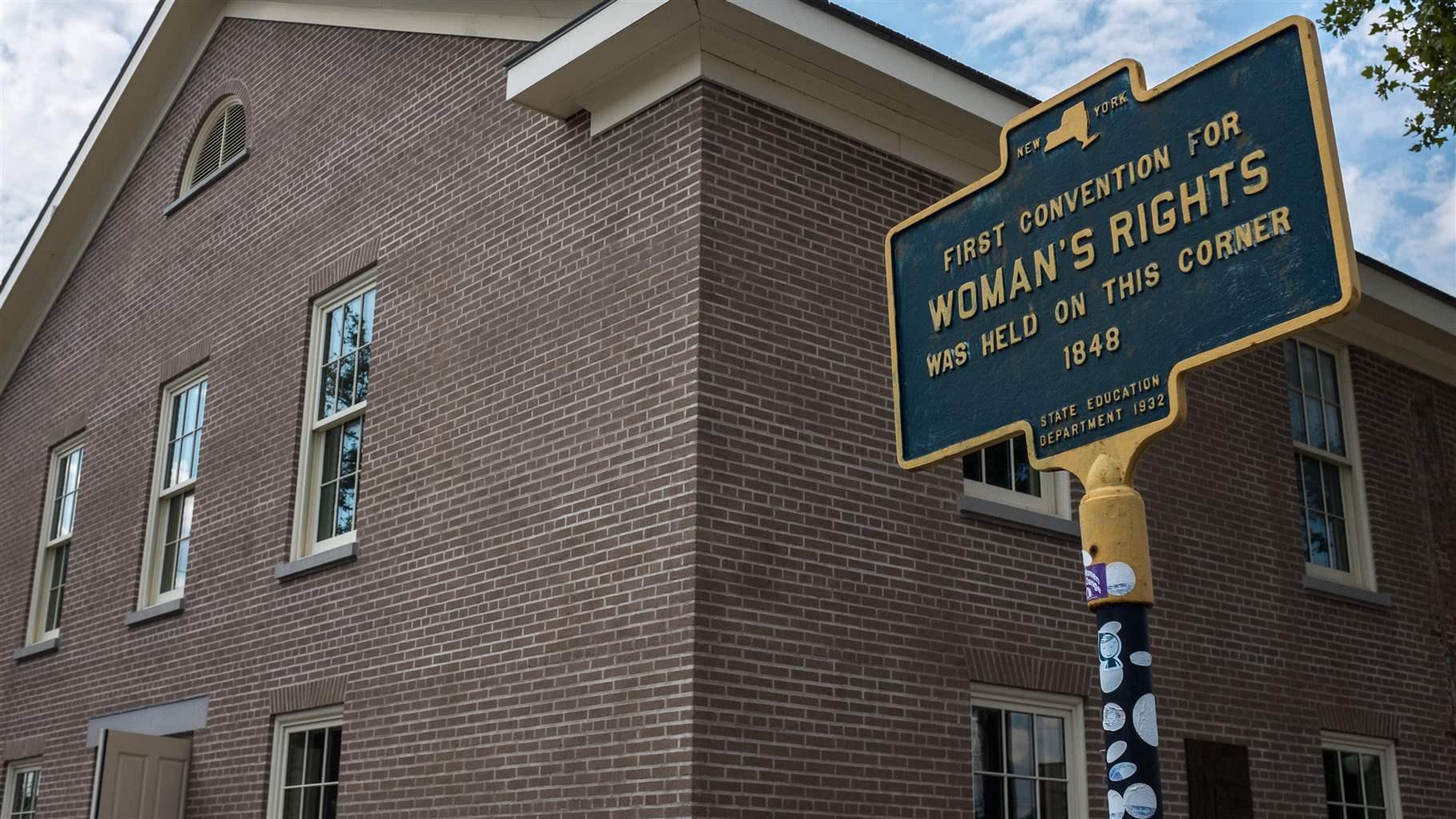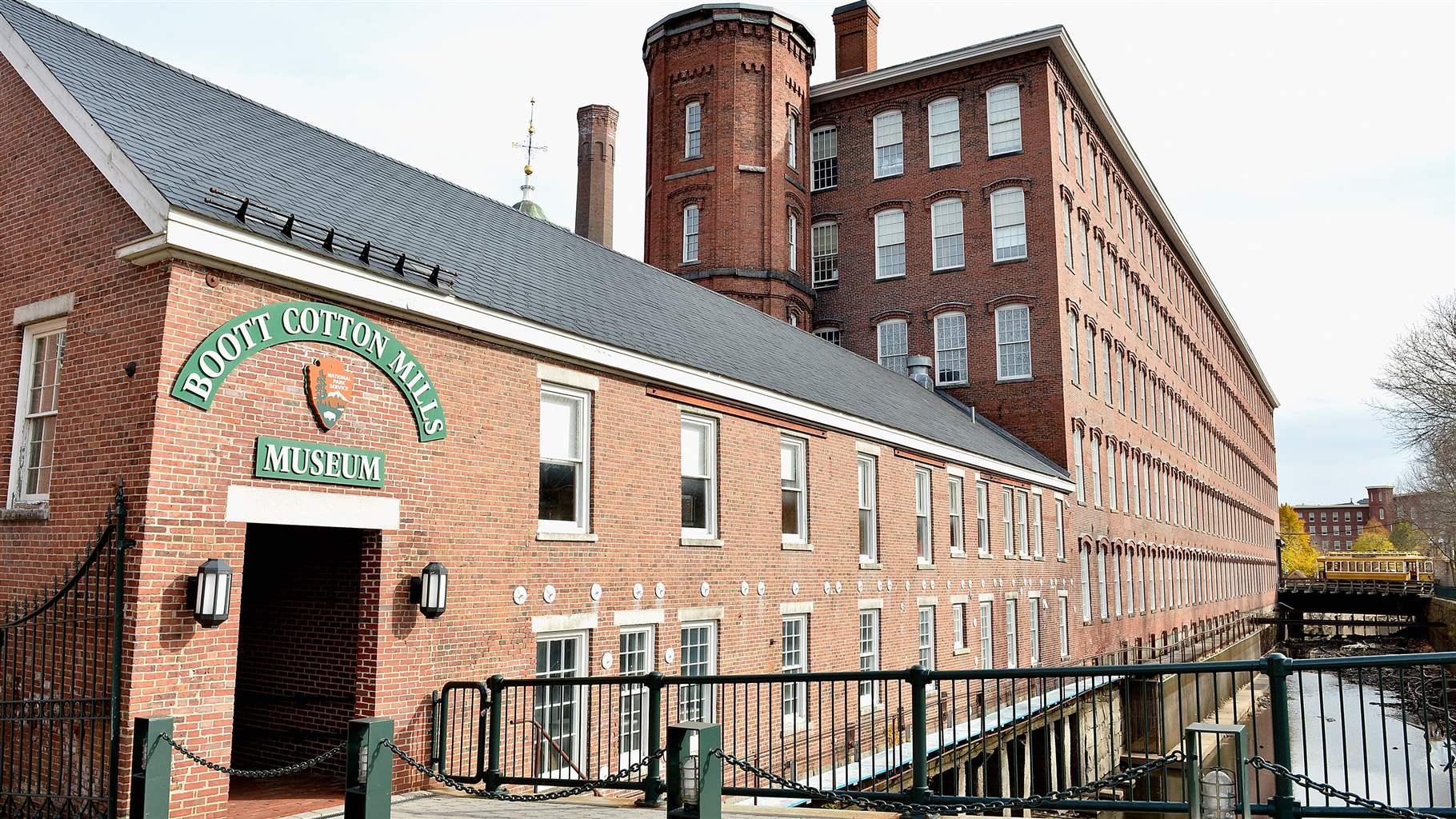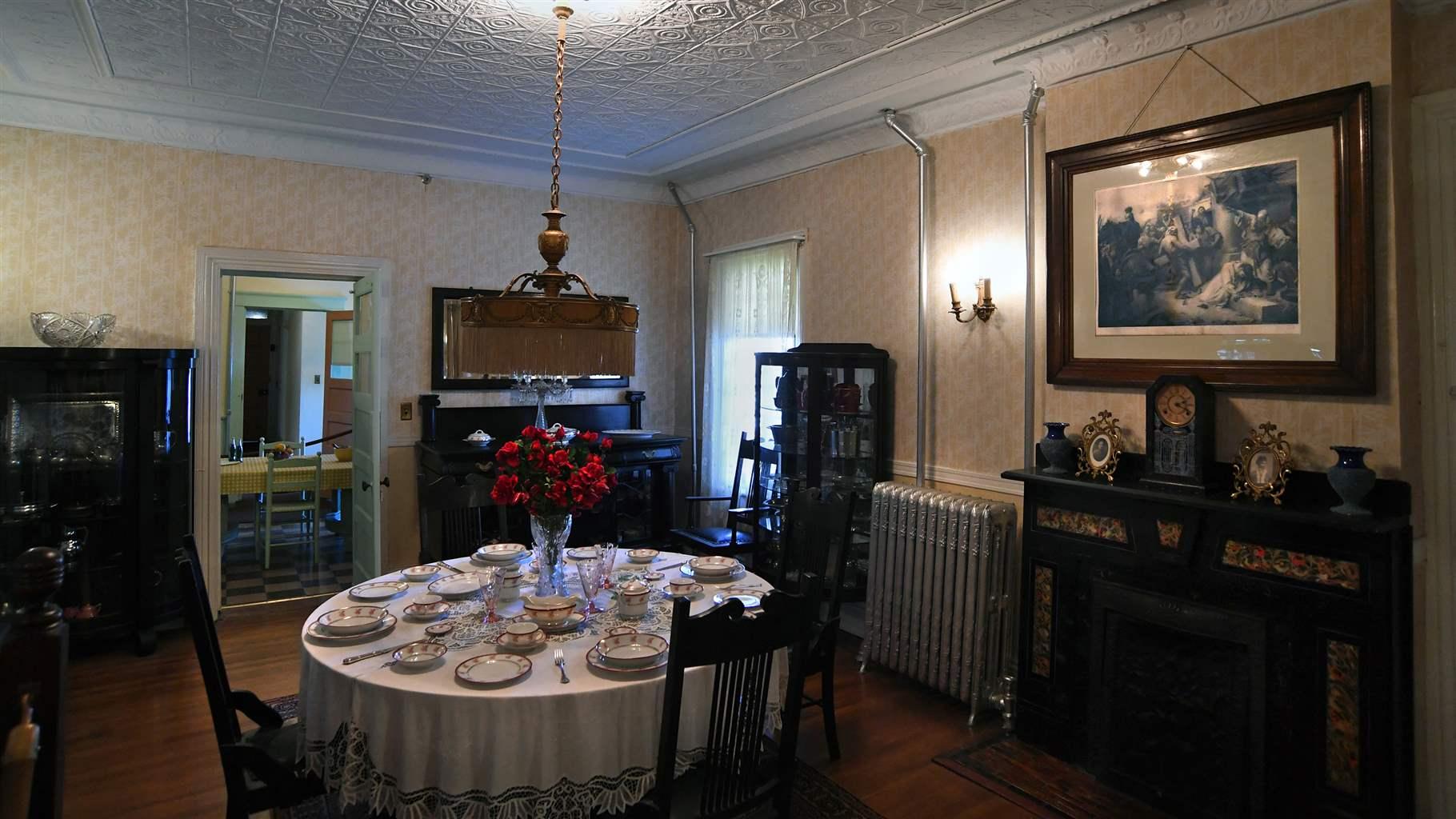National Park Sites Honoring Women Are Among Those in Need of Repairs
Great American Outdoors Act, signed Aug. 4, will fund priority maintenance across park system

In the 100 years since the ratification of the 19th Amendment, which guaranteed women in the U.S. the right to vote, Congress has established several sites around the country commemorating the role that women played in shaping America’s history. These include national historic homes, parks, and other locations honoring Maggie L. Walker (in Virginia), Eleanor Roosevelt (in New York), first ladies (in Ohio), and Rosie the Riveter (in California).
Many National Park Service (NPS) sites have fallen into disrepair because of aging facilities and inconsistent maintenance funding over the years, and the sites honoring women are no exception. Fortunately, Congress has passed the Great American Outdoors Act (GAO Act), which authorizes an investment of up to $6.65 billion over five years to address priority deferred maintenance at national parks. The measure was signed into law Aug. 4.
Here is a look at three sites—all highlighting women’s contributions to our nation’s evolution—that have been identified as having priority repair needs and could benefit from GAO Act funding.
Women’s Rights National Historical Park
The Women’s Rights National Historical Park in central New York tells the history of the suffrage movement and includes the Wesleyan Chapel, the site of an 1848 convention that drew more than 300 people. There, 100 prominent individuals drafted and signed the Declaration of Sentiments advocating for women’s rights.
I visited the site recently, and, although the homes and the chapel were closed because of pandemic precautions, rangers hosted socially distanced talks and tours outside. They provided details on the tremendous challenges faced by those who led the fight for women’s rights in America, including electoral freedom.
This important park needs more than $5 million in repairs, including fixing the visitor center and the home of one of the convention organizers, Elizabeth Cady Stanton. The site, known as the birthplace of women’s rights, is a significant tourism draw and economic driver for the small town of Seneca Falls. Ensuring that the area is well-maintained, safe, and accessible will help the NPS continue to tell the full story of the suffrage movement.
Lowell National Historical Park
In the 1800s, women ages 15 to 35 made up most of the workforce at textile mills in Lowell, Massachusetts. The suffrage movement started there with the women, known as “mill girls,” protesting pay cuts. Their activism included walkouts and petitions for better working conditions, abolition of slavery, and eventually the fight for suffrage—which women won 100 years ago this month, when the 19th Amendment was ratified. Lowell National Historical Park is home to the mills and boarding houses where some women worked and lived. The site includes 20 historic buildings, such as the Boott Cotton Mills Museum (above), along with pedestrian bridges and miles of walkways and trails. Because of aging infrastructure and years of inconsistent funding, the park unit needs nearly $35 million in maintenance.
Maggie L. Walker National Historic Site
In Richmond, Virginia, in 1903, 17 years before women had the right to vote, Maggie L. Walker founded a newspaper and the St. Luke Penny Savings Bank, making her the country’s first African American female bank president. After the passage of the 19th Amendment in 1920, Walker organized voter registration drives for Black women resulting in a then-record number of registrations. Today, the maintenance backlog at the Maggie L. Walker National Historic Site stands at more than $700,000 and includes needed repairs at the homesite.
The recent enactment of the Great American Outdoors Act will enable NPS to make long-overdue repairs and continue to tell the stories of our country’s history, including recognizing the leadership, persistence, and sacrifice of women.
Marcia Argust directs The Pew Charitable Trusts’ campaign to restore America’s parks.















